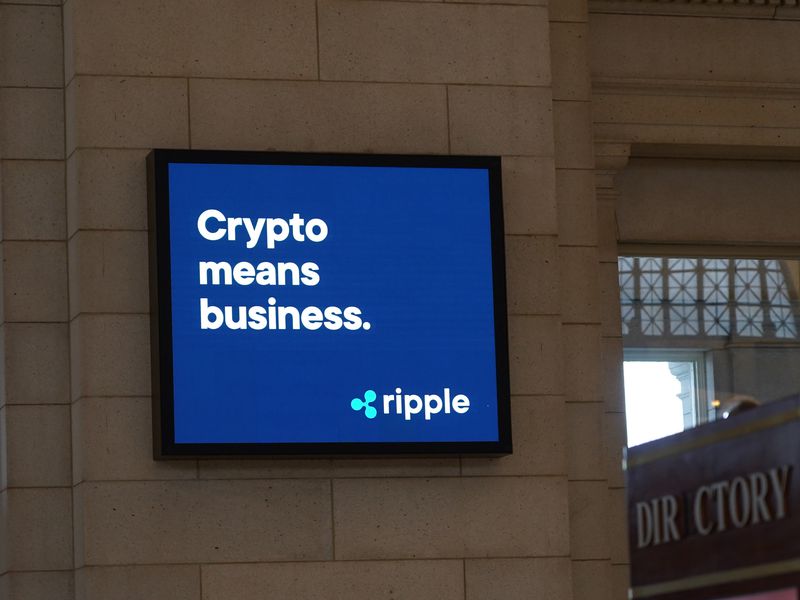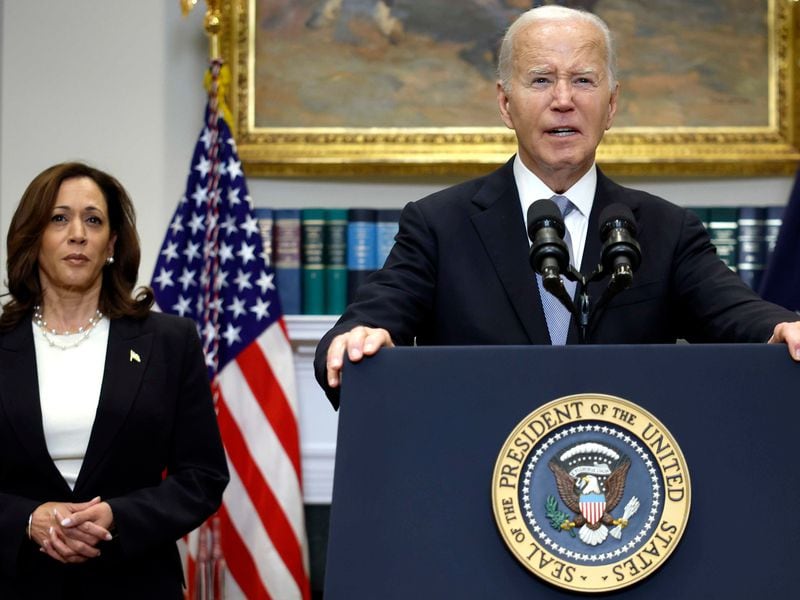New U.S. Senate Bill Wants to Regulate DeFi Like Banks
The U.S. Senate is poised to take another crack at regulating the crypto industry with a new bill that would place stringent anti-money laundering (AML) requirements on decentralized finance (DeFi) protocols.
The bipartisan bill, the Crypto-Asset National Security Enhancement Act of 2023, would require DeFi protocols to impose bank-like controls on their user base, according to a description of the bill reviewed by CoinDesk.
The bill intends “to fight the rise in crypto-facilitated crime and close off avenues for the evasion of money laundering and sanctions measures that are critical to our national security,” the briefing doc read.
DeFi protocols are financial applications that allow anyone with a crypto wallet to borrow, lend and trade cryptocurrency via smart contracts. They’re harder to regulate than, say centralized companies such as Coinbase, because they operate directly on permissionless blockchains.
The bill envisions sidestepping these issues by placing requirements on “anyone who ‘controls’ a DeFi protocol or makes available an application to use the protocol,” likely a reference to groups who build user-friendly frontends for protocols’ otherwise cumbersome smart contracts, as Uniswap Labs does for Ethereum’s top decentralized exchange.
“If nobody controls a DeFi protocol, then—as a backstop—anyone who invests more than $25 million in developing the protocol will be responsible for these obligations,” according to the briefing document.
These controlling entities would need to vet and collect information on their customers, maintain anti money laundering programs, report suspicious activity to the government, and block sanctioned individuals from using their protocol.
The bill would place identity verification requirements on crypto kiosks.
It would also expand the Treasury Department’s authority to police alleged money launderers in non-traditional financial settings, including crypto.
The bill was introduced Wednesday by Sen. Jack Reed (D-R.I.) a member of the Senate Banking Committee. Mike Rounds (R-S.D.), Mitt Romney (R-UT) and Mark Warner (D-VA) are co-sponsors.
Nikhilesh De contributed reporting
Edited by Nikhilesh De.








